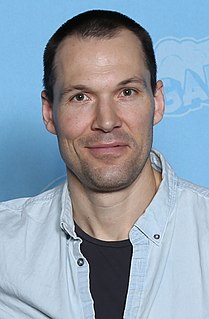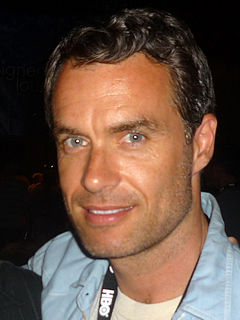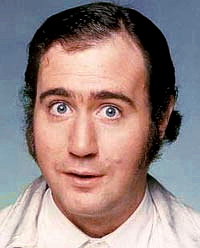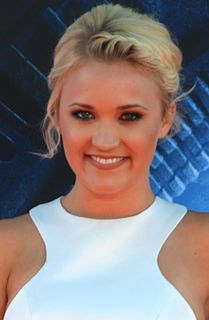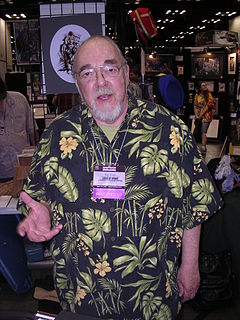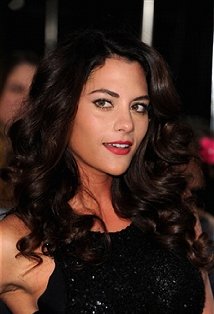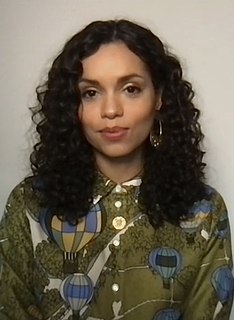A Quote by Matt Bomer
Well, when you're playing a role, you have to think, 'What is ultimately motivating the character?'
Quote Topics
Related Quotes
I wasn't a huge fan of the comic book, but I definitely was of the cartoon series. I wasn't much for sitting around and reading as a kid, I preferred to be outside running around and playing sports, but I was absolutely thrilled to get the role of Colossus. I don't think I realised how popular the character was until I got the role and started doing some research; it was then that I really fell in love with the character of Colossus myself.
Whenever I play a role, whether it's good or bad, an evil person or nice person, I believe in being a purist and going all the way with the role. If I'm going to be a villainous wrestler, I believe in going all the way with it and not breaking character and not giving away to the audience that I'm playing a role. I believe in playing it straight to the hilt.
When I say 'yes' to a movie it's usually because, to a greater or lesser extent, it's because I'm enthusiastic about the character. How well that character ultimately comes off depends on a lot of things: your relationship with the director and so on. But at first, you're on board because you think you can do something with it.



